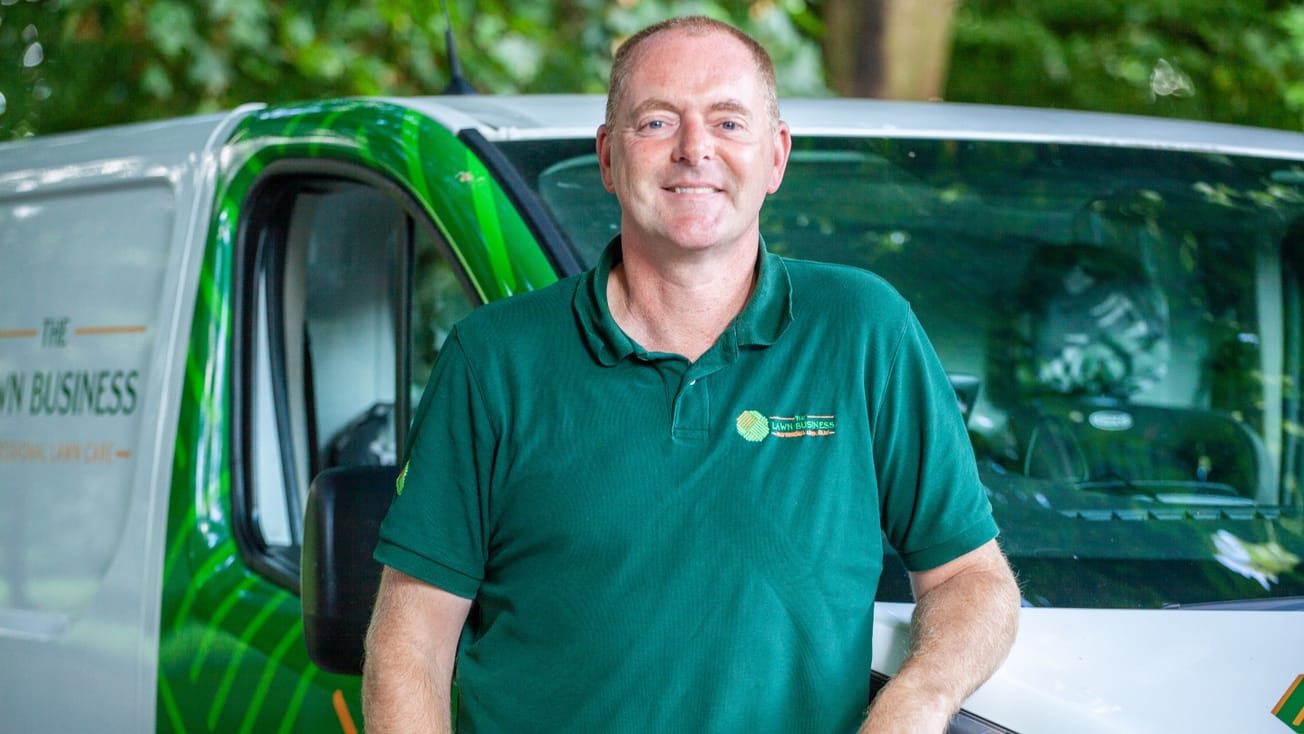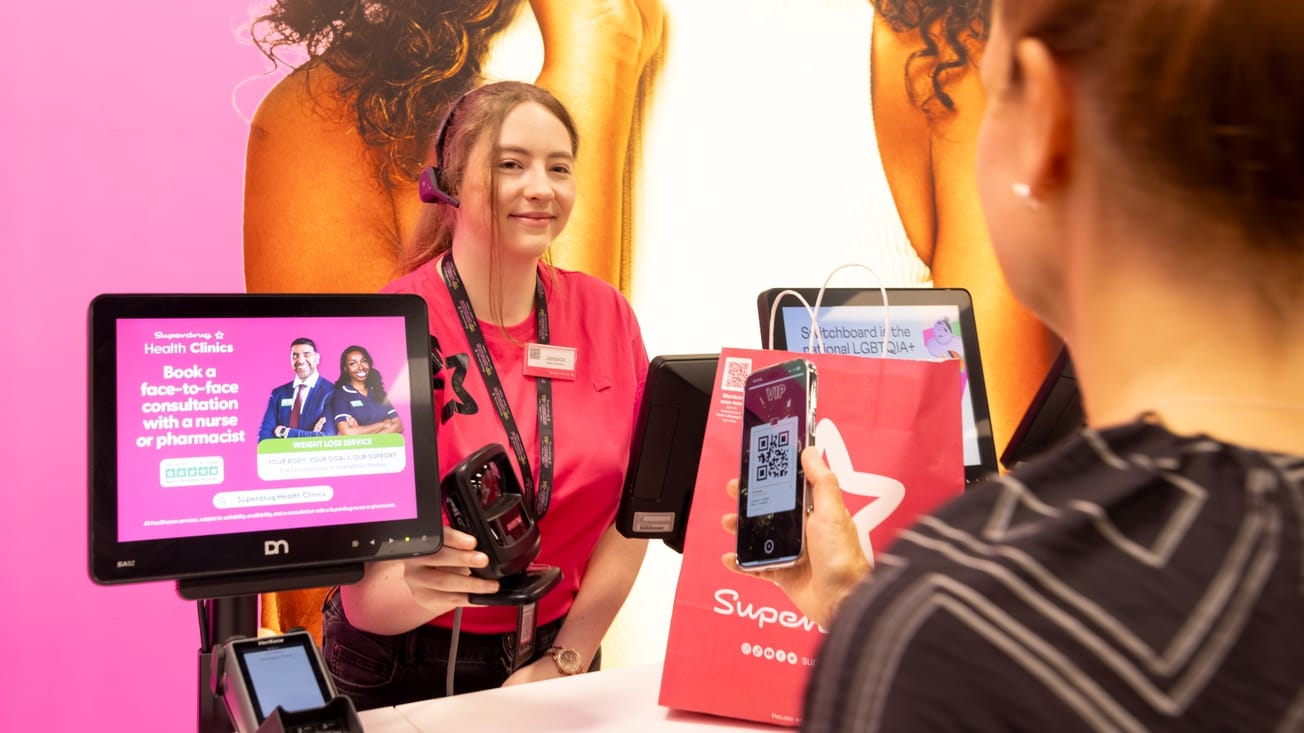In his latest column for Altrincham Today, Jason Moss, an Altrincham-based Independent Financial Adviser at Harvest Associates, says a growing number of clients are wanting to help their children or grandchildren during their lifetimes.
Christmas is the time of the year to try to relax after worrying about money or work-related stress throughout the last 12 months.
For some people it’s an opportunity to meet with generations of loved ones and remind ourselves about the most important things in life.
These include making sure your loved ones are looked after, ensuring they can meet their day-to-day expenditure, save for retirement, or perhaps leaving a lasting legacy. The latter is often a discussion point over the festive period which can lead to some tough conversations.
A growing number of my clients are wanting to help their beneficiaries, such as children or grandchildren, during their lifetimes. In an increasingly expensive world they can provide assistance with a house purchase, school fees or even holidays, enabling them (the donor) to benefit greatly by seeing the value of their legacy in action, rather than leaving a legacy post death.
This could also present an opportunity to benefit from time as no inheritance tax (IHT) is payable if you live for seven years after making a gift (subject to a gift being without reservation).
When making any gift it is important to understand the impact a gift could have on one’s inheritance tax position.
What is the impact of IHT?
A lot of people worry about the impact IHT could have on their loved ones and their legacy left behind, but it’s important to remember that less than 4% of UK deaths actually result in an inheritance tax charge (in 2020/21, according to the IFS (Publication: Reforming Inheritance Tax)).
IHT is payable at 40% on the value of your estate’s excess above the threshold. An individual’s threshold/allowance known as the Nil Rate Band (NRB) is £325,000, therefore IHT is only payable on the estate’s excess above the NRB. In addition to this, there is a Residence Nil Rate Band (RNRB) of £175,000 available to those who leave their home to a direct descendant. That means an individual could have a threshold of up to £500,000 before their estate is liable to pay any tax. For married couples with an estate of £1 million which included a property left to a direct descendant, this could result in no inheritance tax liability at all (based on the current rules).
When looking at one’s investments/assets as a whole, it is important to remember that pensions usually sit outside of the estate for inheritance tax purposes, this can be a very useful vehicle for leaving a legacy to loved ones.
What can I do?
Should you be concerned about the impact of IHT on your legacy, there are various strategies that can be used to mitigate it, from utilising gifting allowances, charitable donations, insuring against a liability or even investing in qualifying investments.
Getting your financial situation reviewed will help you understand if you’re on track to meet your objectives, whether that be to help loved ones or to mitigate IHT. It could be as simple as wanting to understand when you can afford to retire.
This is a snapshot of the IHT rules, by no way is this advice and not all solutions will be suitable for everyone, therefore I stress the importance of speaking to your financial adviser to gain professional advice.
Your priorities going into the new year:
- Look at your outgoings to understand what your expenditure is versus your income.
- Collate a list of all your cash accounts, property value(s), investments, pensions and liabilities.
- Contact your financial adviser for a review to help you gain clarity.
To contact Jason or for more information, email jmoss@harvestassociates.co.uk, call 07703 341 285 or visit harvestassociates.co.uk
Harvest Associates is authorised and regulated by the Financial Conduct Authority. FCA registered number is 629749. The value of your investments and the income from them may go down as well as up, and you could get back less than you invested.









